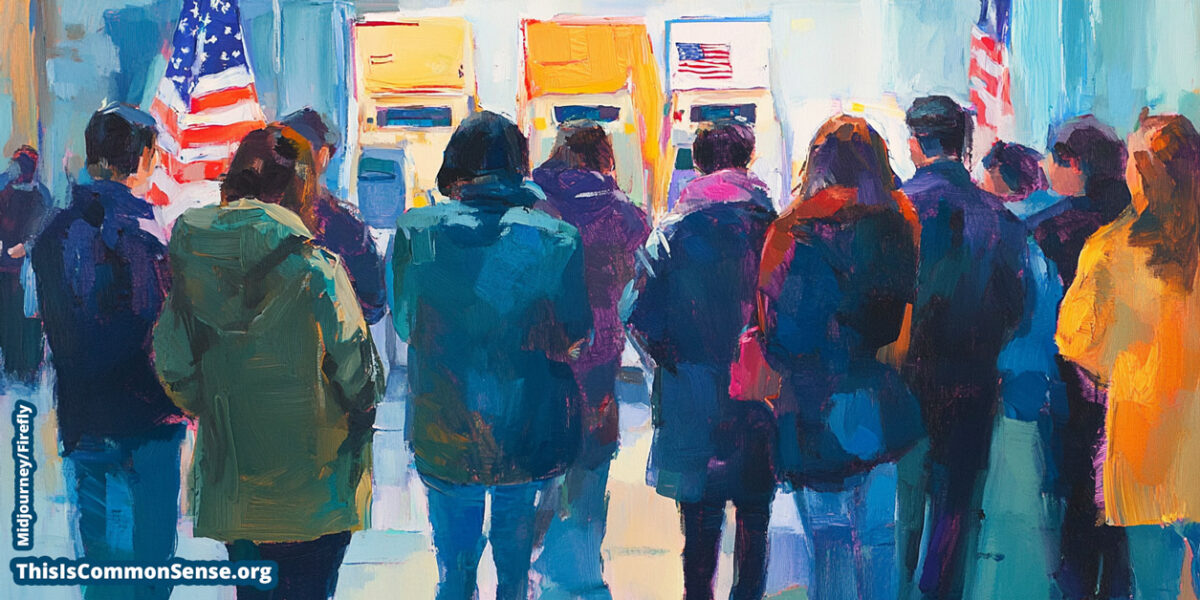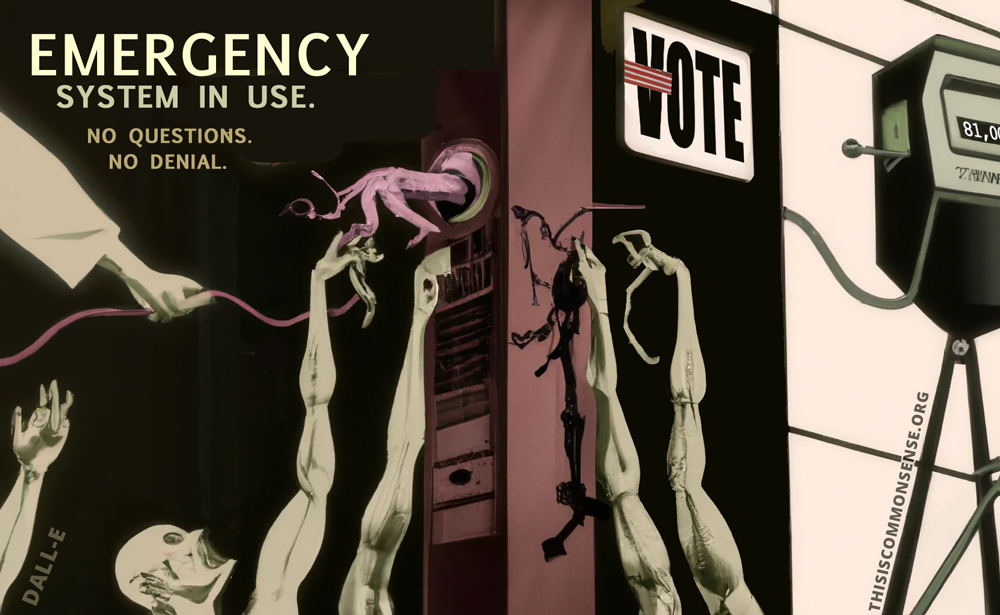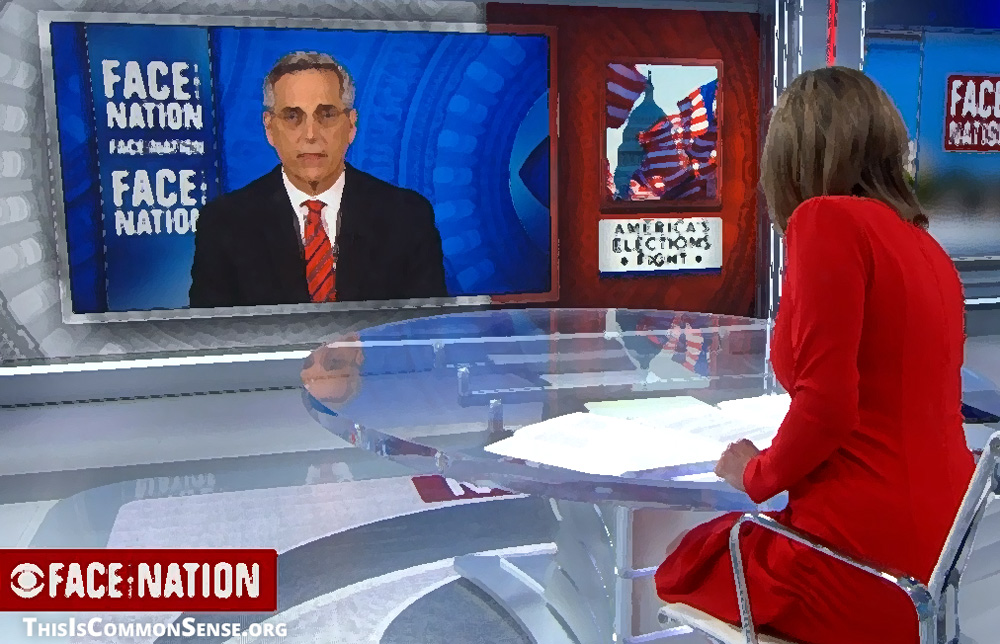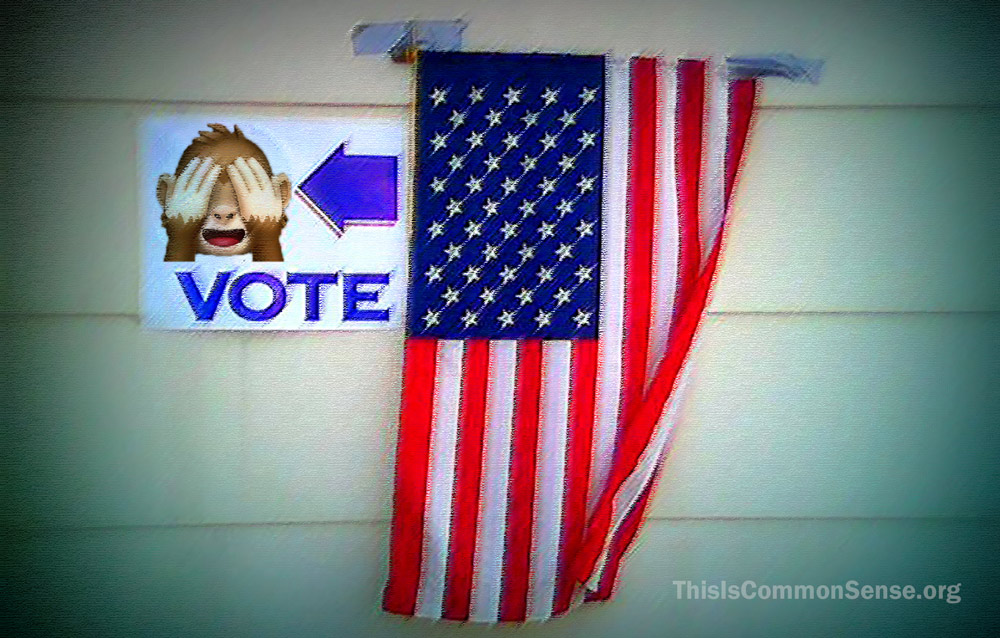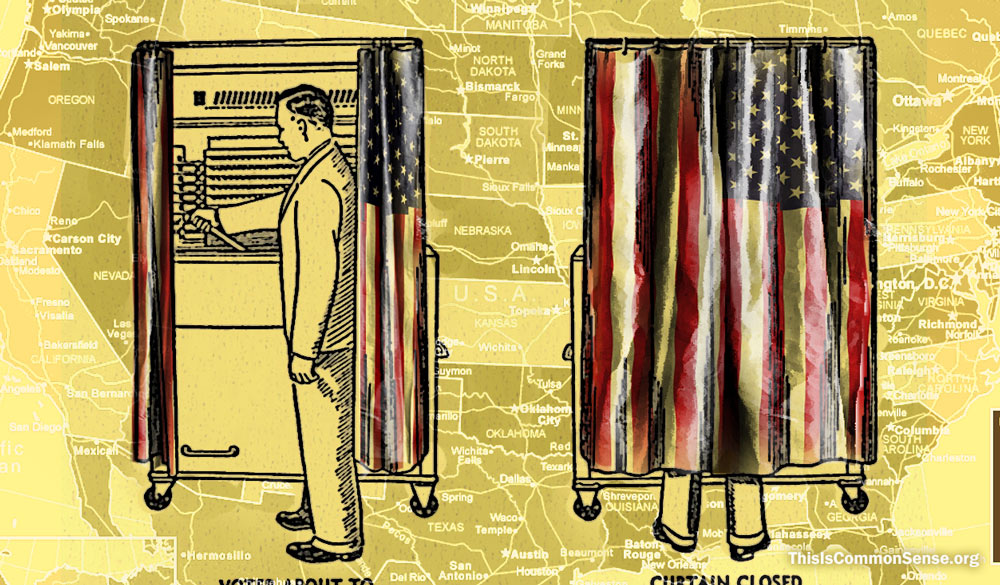Last week, an audit found that Oregon’s Department of Motor Vehicles staff had erroneously forwarded the registrations of 1,259 people who had not provided necessary citizenship documents on to the Secretary of State, and — voilà! — they appeared on the voter rolls.
“None of the Oregon residents who were automatically registered to vote without demonstrating citizenship voted in an election where they could have cast the deciding ballot, the state’s elections director told lawmakers on Wednesday,” reports Oregon Capitol Chronicle.
Is that the new standard? Don’t fret about a system that automatically registers people who are noncitizens … because the number of likely noncitizens who appear to have illegally voted was not enough to have changed the outcome.
The Democrats running the Oregon Legislature were reluctant to hold a hearing; House Majority Leader Ben Bowman opened by warning that “scoring political points” or “attacks or accusations against election staff” or saying anything “that could incite any violence of any kind against any immigrants or any communities in the state” would not be tolerated.
That’s a dodge — hiding behind concern for immigrants when the issue is a faulty election system.
Besides, we don’t serve immigrants by placing them on voters’ lists without their knowledge, then sending them flyers urging them to vote, when, if they follow all the prompts sent their way and cast a ballot, they can lose their chance to become an American citizen.
And even be deported.
Simple, straightforward solutions exist: End these automatic voter registration regimes, require proof of citizenship for new folks registering to vote, and make it clear at all levels that voting is for citizens only.
This is Common Sense. I’m Paul Jacob.
Illustration created with PicFinder and Firefly
—
See all recent commentary
(simplified and organized)

